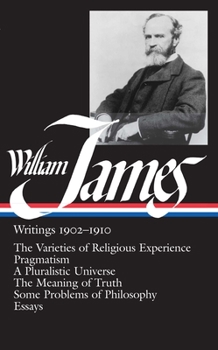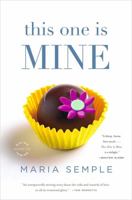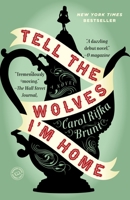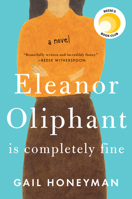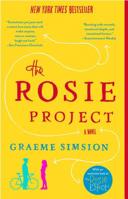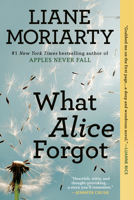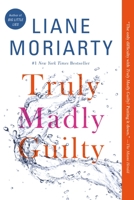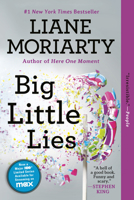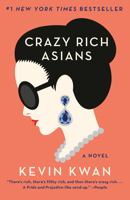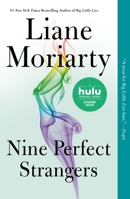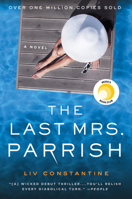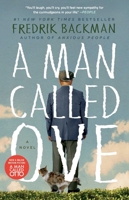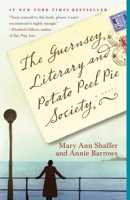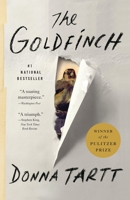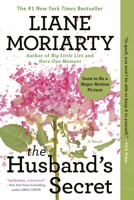Writings 1902-1910: The Varieties of Religious Experience / Pragmatism / A Pluralistic Universe / The Meaning of Truth / Some Problems of Philosophy / Essays
The Meaning of Truth (1909) is a polemical collection of essays asserting that ideas are made true not by inherent qualities but by events. James delights in intellectual combat, stating his positions with vigor while remaining open to opposing ideas.
Some Problems of Philosophy (1910) was intended by James to serve both as a historical overview of metaphysics and as a systematic statement of his philosophical beliefs. Though unfinished at his death, it fully demonstrates the psychological insight and literary vividness James brought to philosophy. Among the essays included are the anti-imperialist "Address on the Philippine Question," "On Some Mental Effects of the Earthquake," a candid personal account of the 1906 California disaster, and "The Moral Equivalent of War," a call for the redirection of martial energies to peaceful ends, as well as essays on Emerson, the role of university in intellectual life, and psychic research. LIBRARY OF AMERICA is an independent nonprofit cultural organization founded in 1979 to preserve our nation's literary heritage by publishing, and keeping permanently in print, America's best and most significant writing. The Library of America series includes more than 300 volumes to date, authoritative editions that average 1,000 pages in length, feature cloth covers, sewn bindings, and ribbon markers, and are printed on premium acid-free paper that will last for centuries.
You Might Also Enjoy
Customer Reviews
Rated 5 starsWilliam James in the Library of America
The great philosopher and psychologist William James (1842 -- 1910) is best-known as the founder, with C.S. Peirce and John Dewey, of the distinctively American philosophy of pragmatism. James is that indeed, but he is much more as well. This volume of the Library of America series consists of five books and nineteen essays by James written between 1902 and 1910. (A separate Library of America volume includes James's earlier...
1Report
Rated 5 starsRemember: This book is volume 2 of a 2 volume set
The previous "reviewer" who criticized this book for failing to include The Will to Believe; Psychology, Briefer Course; and the essay on radical empiricism does have a point: those writings are important to understanding Mr. James's philosophy. However, what "A Reader" failed to discover in A Reader's exhasutive researches is that Library of America has issued a COMPANION volume to this work, entitled in a burst of literary...
1Report
Rated 5 starsThe cash value of the American mind
There is more than one William James. James is philosopher, psychologist, and researcher in religious experience. In this volume are collected a number of his greatest works, including the incomparable 'Varieties of Religious Experience'. In this work James' own particular mental crisis is included, as is his development of the concept of 'twice- born'of that kind of human being who having gone through the dark night of the...
1Report
Rated 5 starsPhilosophy of/in common sense
I loved this book. It's a bit of a long haul to read though as it encompasses I suppose many books in one volume. The author in my opinion writes very well, it might take a bit of getting used to but believe me it's well worth the perseverence! The information he provides seems to be concentrated in each sentence, so if you're in for a casual read with a thought here and there on whats being presented you're gonna struggle...
1Report
Rated 5 starsWhat American philosophy and psychology could have been
Marvelous book. James is a clear -- and humorous -- writer. He clearly saw that psychology and philosophy are not completely separate disciplines, as they are so often considered today. Psychology unfortunately in many ways was sidetracked by Freud. And philosophy got bushwhacked by the unintelligible babblings of existentialists like Sartre. James was a wide-ranging writer -- not only did he take psychology and philosophy...
1Report











